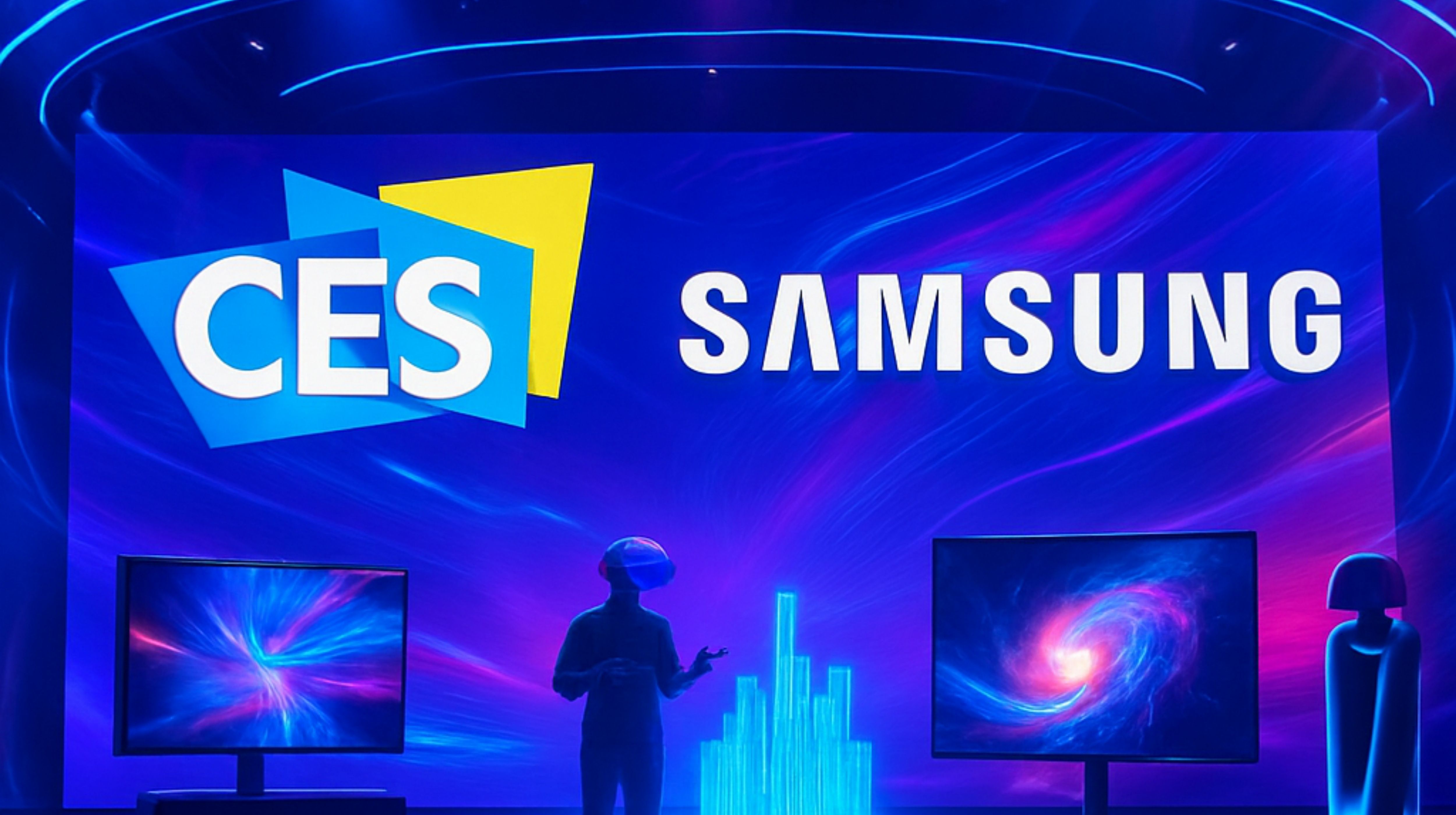AI agents have rapidly moved from niche research concepts to one of the most discussed technology topics of 2025. Search interest for ‘AI agents’ surged throughout the year, reflecting a broader shift in how businesses and institutions approach automation and decision-making.
Market forecasts suggest that 2026 and the years ahead will bring an even larger boom in AI agents, driven by massive global investment and expanding real-world deployment. As a result, AI agents are increasingly viewed as a foundational layer of the next phase of the digital economy.
What are AI agents, and why do they matter
AI agents are autonomous software systems designed to perceive information, make decisions, and act independently to achieve specific goals. Unlike traditional AI applications or conventional AI tools, which respond to prompts or perform single functions and often require direct supervision, AI agents are proactive and operate across multiple domains.
They can plan, adapt, and coordinate various steps across workflows, anticipating needs, prioritising tasks, and collaborating with other systems or agents without constant human intervention.
As a result, AI agents are not just incremental upgrades to existing software; they represent a fundamental change in how organisations leverage technology. By taking ownership of complex processes and decision-making workflows, AI agents enable businesses to operate at scale, adapt more rapidly to change, and unlock opportunities that were previously impossible with traditional AI tools alone.
They fundamentally change how AI is applied in enterprise environments, moving from task automation to outcome-driven execution.
Why AI agents became a breakout trend in 2025
Several factors converged in 2025 to push AI agents into the mainstream. Advances in large language models, improved reasoning capabilities, and lower computational costs made agent-based systems commercially viable. At the same time, enterprises faced growing pressure to increase efficiency amid economic uncertainty and labour constraints.
The fact is that AI agents gained traction not because of their theoretical promise, but because they delivered measurable results. Companies deploying AI agents reported faster execution, lower operational overhead, and improved scalability across departments. As adoption accelerated, AI agents became one of the most visible indicators of where new technology was heading next.
Global investment is accelerating the AI agents boom
Investment trends underline the strategic importance of AI agents. Venture capital firms, technology giants, and state-backed innovation funds are allocating significant capital to agent-based platforms, orchestration frameworks, and AI infrastructure. These investments are not experimental in nature; they reflect long-term bets on autonomous systems as core business infrastructure.
Large enterprises are committing internal budgets to AI agent deployment, often integrating them directly into mission-critical operations. As funding flows into both startups and established players, competition is intensifying, further accelerating innovation and adoption across global markets.
The AI agents market is projected to surge from approximately $7.92 billion in 2025 to surpass $236 billion by 2034, driven by a compound annual growth rate (CAGR) exceeding 45%.
Where AI agents are already being deployed at scale
Agent-based systems are no longer limited to experimental use, as adoption at scale is taking shape across various industries. In finance, AI agents manage risk analysis, fraud detection, reporting workflows, and internal compliance processes. Their ability to operate continuously and adapt to changing data makes them particularly effective in data-intensive environments.
In business operations, AI agents are transforming customer support, sales operations, procurement, and supply chain management. Autonomous agents handle inquiries, optimise pricing strategies, and coordinate logistics with minimal supervision.
One of the clearest areas of AI agent influence is software development, where teams are increasingly adopting autonomous systems for code generation, testing, debugging, and deployment. These systems reduce development cycles and allow engineers to focus on higher-level design and architecture. It is expected that by 2030, around 70% of developers will work alongside autonomous AI agents, shifting human roles toward planning, design, and orchestration.
Healthcare, research, and life sciences are also adopting AI agents for administrative automation, data analysis, and workflow optimisation, freeing professionals from repetitive tasks and improving operational efficiency.
The economic impact of AI agents on global productivity
The broader economic implications of AI agents extend far beyond individual companies. At scale, autonomous AI systems have the potential to boost global productivity by eliminating structural inefficiencies across various industries. By automating complex, multi-step processes rather than isolated tasks, AI agents compress decision timelines, lower transaction costs, and remove friction from business operations.
Unlike traditional automation, AI agents operate across entire workflows in real time. It enables organisations to respond more quickly to market changes and shifts in demand, thereby increasing operational agility and efficiency at a systemic level.
Labour markets will also evolve as agent-based systems become embedded in daily operations. Routine and administrative roles are likely to decline, while demand will rise for skills related to oversight, workflow design, governance, and strategic management of AI-driven operations. Human value is expected to shift toward planning, judgement, and coordination.
Countries and companies that successfully integrate autonomous AI into their economic frameworks are likely to gain structural advantages in terms of efficiency and growth, while those that lag behind risk falling behind in an increasingly automated global economy.
AI agents and the future evolution of AI
The momentum behind AI agents shows no signs of slowing. Forecasts indicate that adoption will expand rapidly in 2026 as costs decline, standards mature, and regulatory clarity improves. For organisations, the strategic question is no longer whether AI agents will become mainstream, but how quickly they can be integrated responsibly and effectively.
As AI agents mature, their influence will extend beyond business operations to reshape global economic structures and societal norms. They will enable entirely new industries, redefine the value of human expertise, and accelerate innovation cycles, fundamentally altering how economies operate and how people interact with technology in daily life.
The widespread integration of AI agents will also reshape the world we know. From labour markets to public services, education, and infrastructure, societies will experience profound shifts as humans and autonomous systems collaborate more closely.
Companies and countries that adopt these technologies strategically will gain a structural advantage, while those that lag behind risk falling behind in both economic and social innovation.
Ultimately, AI agents are not just another technological advancement; they are becoming a foundational infrastructure for the future economy. Their autonomy, intelligence, and scalability position them to influence how value is created, work is organised, and global markets operate, marking a turning point in the evolution of AI and its role in shaping the modern world.
Would you like to learn more about AI, tech and digital diplomacy? If so, ask our Diplo chatbot!
















